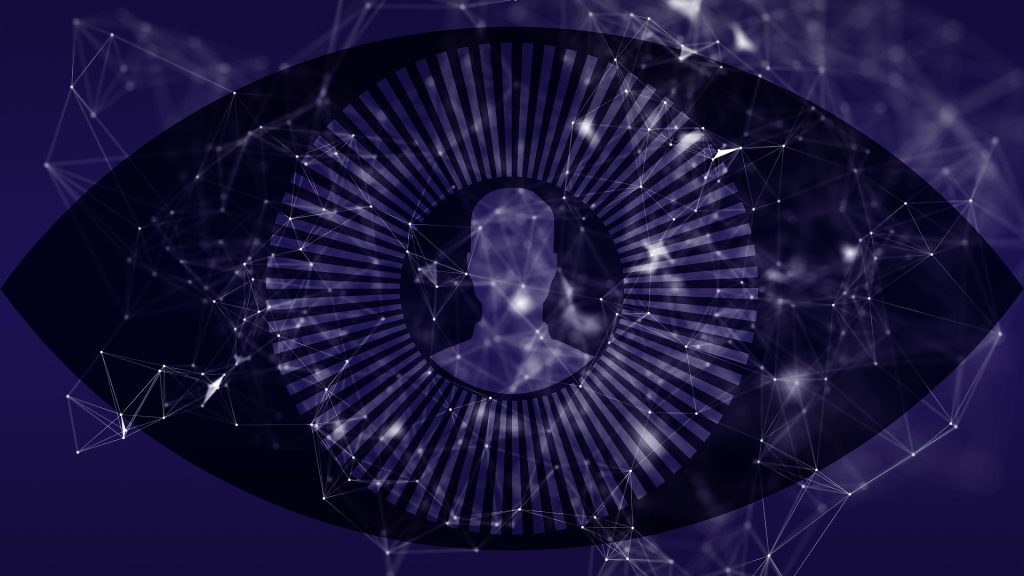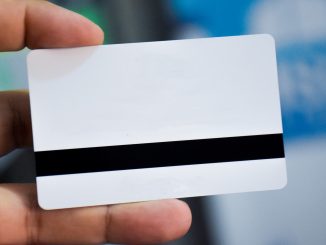
Surveillance technology is both powerful, and controversial.
Improvements in computing power and AI, as well as more powerful sensors, have opened up entirely new fields, such as remote surveillance and facial recognition.
However, this is not about using a simple face scan to unlock a phone or tablet. It is technology that allows a CCTV system or even a drone to can pick out a face from a crowd. And powerful computers can then match that face to a name in a database in seconds.
But how do we feel about this remote surveillance, and the potential for artificial intelligence to make decisions about those images, such as whether someone’s actions look suspicious?
And how do we balance the convenience of touch-free access to services — from banking to transport — with concerns about where, and when, we are being tracked?
Our guest is one of the leading experts on these issues. Tony Porter was formerly the UK Surveillance Camera Commissioner, and a former senior police officer. He’s now the chief privacy officer at Corsight – a developer of facial recognition software.
He argues that surveillance, biometrics and even AI will make us more secure. But that is only possible if we secure the data it depends on, understand the legal framework it operates under, and explain the benefits, and safeguards, to the public.
And, he says, security professionals have their part to play to demystify biometric surveillance, and ensure it plays by the rules.
Interview by Stephen Pritchard
Image by Pete Linforth from Pixabay


